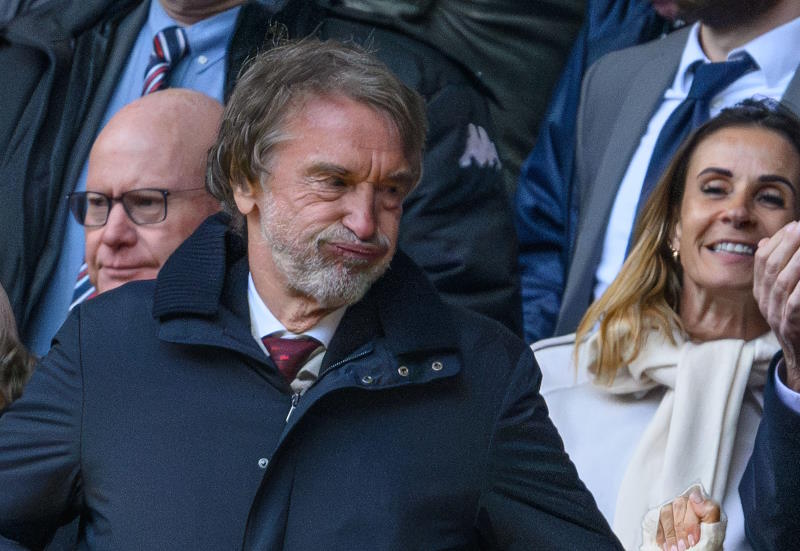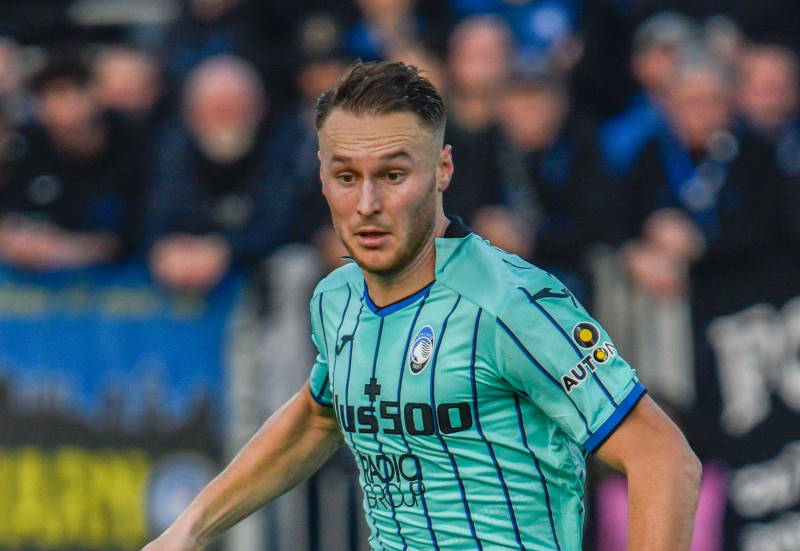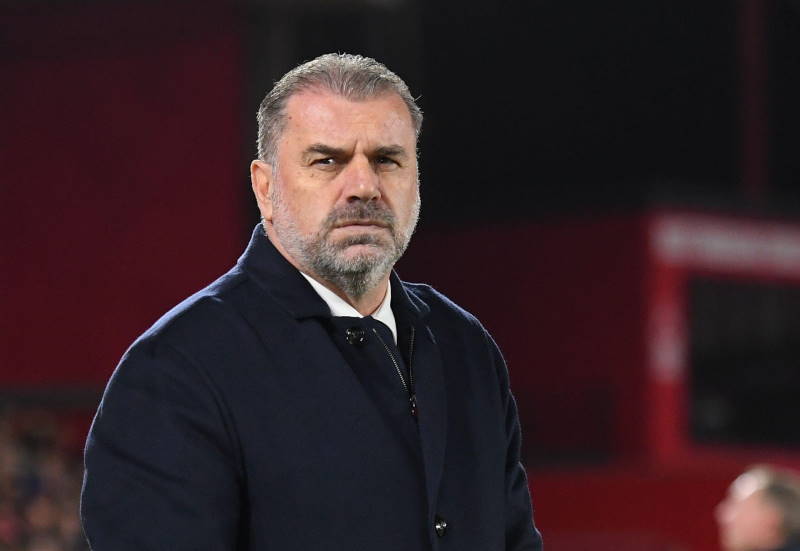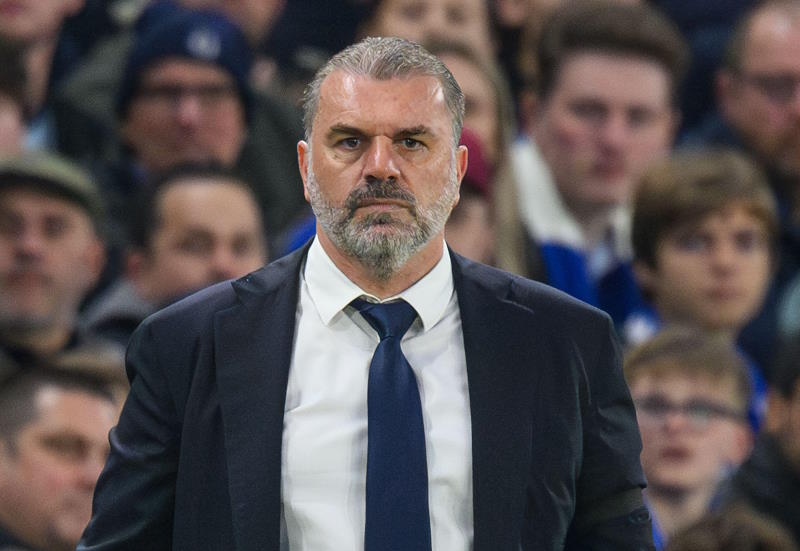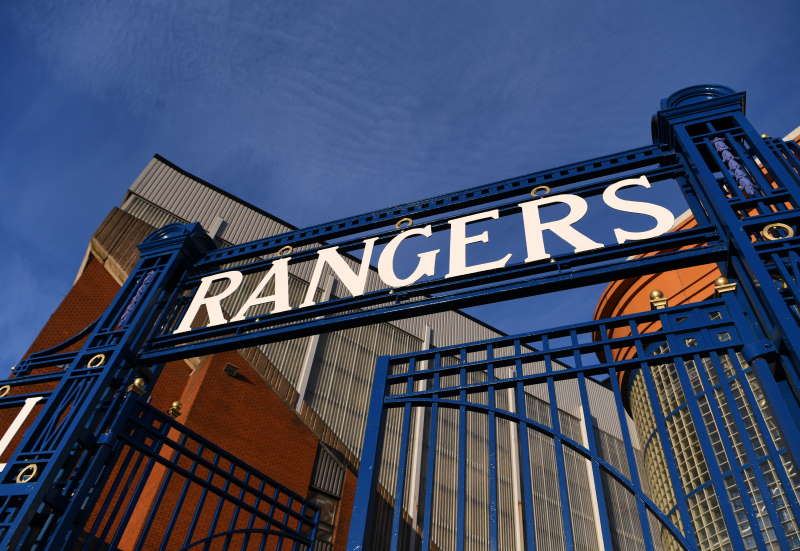
For the second time in the space of two months, a Brazilian striker’s career-altering decision has made big headlines – and this time it has given a major boost to football in Brazil as the country prepares to host the 2014 World Cup.
In February, it was Ronaldo’s announcement that he was retiring from the game that brought shock and sorrow in equal measure. The "Fenomeno" had sparked so many World Cup celebrations in Brazil before he brought down the curtain on a star-studded career.
Then, more recently, Luis Fabiano left Sevilla to return to Brazil and former club Sao Paulo in a deal that perhaps slipped under the radar on a global level but made a big splash in South America. The transfer was particularly noteworthy not just for the surprisingly low fee of £6.5M, but also because it featured a highly-rated Brazilian international returning to his homeland in the prime of his career – a rare occurrence.
So often the role of clubs in Brazil has been similar to that of a parent, teaching and improving young players before they head off for life in Europe. If they are lucky, Brazilian clubs will snap up the players when they return at the end of their careers for a final swansong on home soil. But that is it – beginning and end yet rarely the prime years.
Until Fabiano’s move, the trend had shown no sign of slipping out of fashion. Ronaldo began at Cruzeiro then spent almost 15 years in Europe before a cameo finale with Corinthians. Ronaldinho began at Gremio, enjoyed life in Europe for 11 seasons and then headed home to sign with Flamengo earlier this year.
Further examples can be found in the careers of Leonardo, Rivaldo and Roberto Carlos, though the left back cut short his finale at Corinthians and moved to the Russian Premier League in February, joining Anzhi Makhachkala in a big-money move. However, the message has always seemed to be that the Brazilian league is only good enough for starting and finishing careers.
It has undoubtedly been a source of real frustration for the likes of Corinthians, Sao Paulo and Palmeiras as promising youngsters have gone on to lead European teams to glory, from Ronaldinho spearheading Barcelona’s Champions League success in 2006 to Kaka doing likewise a year later for AC Milan to the Julio Cesar-Lucio-Maicon trio that helped Inter to the Treble last season.
But now Fabiano is challenging that theory. He is 30 years of age, led the Brazil attack impressively at the 2010 World Cup and scored prolifically for Sevilla over the past four seasons as the Spaniards won two UEFA Cups and added a pair of Copa del Rey triumphs. And he has plenty left in the tank.
With the desire to return to Brazil to be with family and friends outweighing both the chances for glory in Europe and the lucrative wages he would have commanded, Fabiano opted to follow his heart. There would have been no shortage of suitors had it not been so clear that Brazil was the only destination in the striker’s thoughts, but his mind was made up.
Fabiano is thought to have taken a considerable wage cut to make the transfer possible, however he says there was no hesitation, admitting: “There isn’t enough money to express how happy I am to once again wear the shirt of this team that is so close to my heart. I owe everything I have to Sao Paulo. I am going to sweat a lot in this shirt and score lots of goals.”
What this means for Brazilian football remains to be seen, but the transfer will have unnerved those at UEFA. If top players in South America were to stop heading to Europe – and instead stay in a more competitive Brazilian league, for instance – the balance of power could shift dramatically. After all, it is no secret that South Americans play key roles for many of Europe’s top clubs. The fanbase already exists in Brazil, and will be enhanced further by hosting the next World Cup. And the country is an emerging economic power too.
Of course, reflecting on football transfers in ten years’ time, Fabiano’s move may well stand alone as a mere anomaly. But there is also a chance that he has halted the trend and breathed new life into football in Brazil. Only time will tell.




